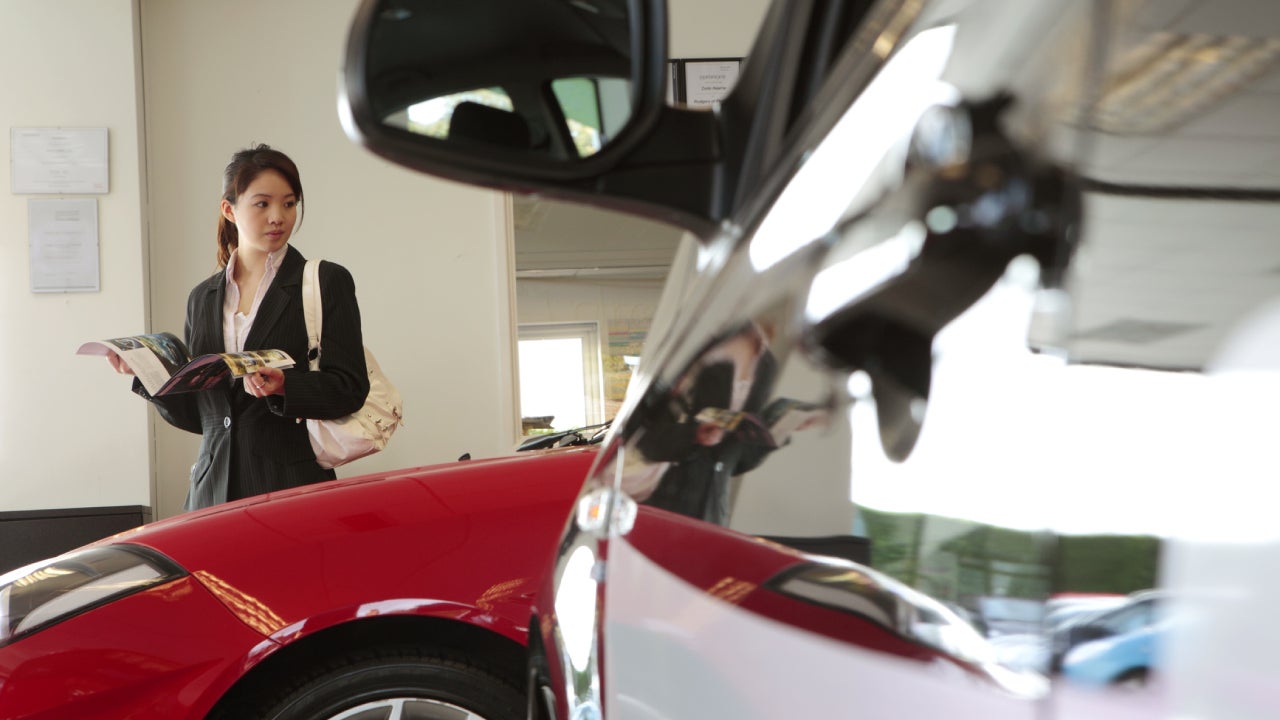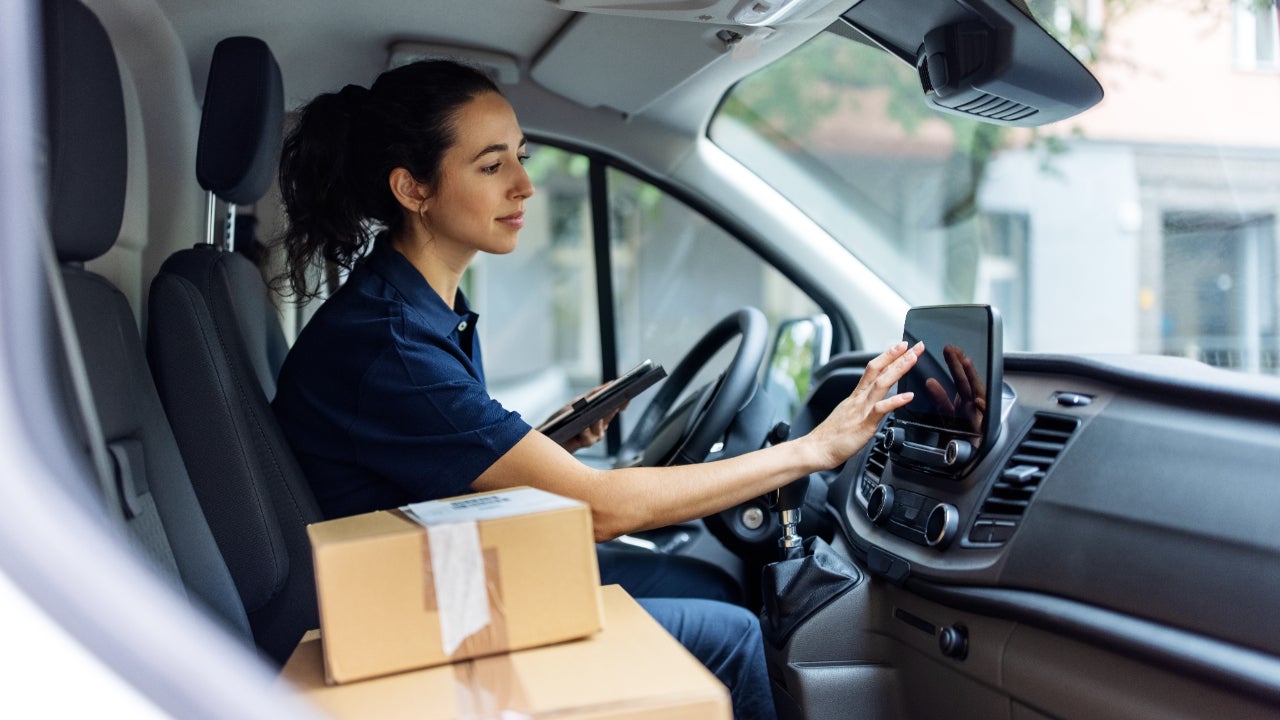Do you pay sales tax on a used car?




Key takeaways
- Expect to pay sales tax in almost every state when you buy a used car.
- Sales tax is paid to the state you register the vehicle in, not the state you buy it in.
- In some cases, a trade-in may help reduce the total sales tax you pay.
States don’t make exceptions for used cars. If you buy a used car, you will pay sales tax on it — unless you live in one of the five states that don’t have a sales tax. It can be a pricey addition to the total cost if you aren’t prepared for it. There are some ways to reduce the amount you owe, but it is best to save up for the cost instead of financing it with your auto loan.
Used car sales tax varies by state
State sales tax varies from 2.0 percent to a little over 7 percent. However, most states also have a local sales tax, so your sales tax rate could be anywhere from 4.5 percent to 10 percent.
There are also five states that don’t charge sales tax:
- Alaska
- Delaware
- Montana
- New Hampshire
- Oregon
The exact sales tax you will pay depends on your state and local laws. For instance, although Alaska doesn’t have a state sales tax, there may be a local sales tax rate of 7 percent. Some states may cap the amount of taxes you pay, while others may simply tax a used car purchase like any other consumer product.
In addition to state sales tax, there may be a personal property tax on vehicles or motor vehicle excise tax. You can visit your county clerk’s office or state government website to learn more about the taxes you will pay where you live.
How to calculate used car sales tax
Dealerships will likely calculate the taxes for you, but if you plan on buying from a private seller, the math can be done relatively pain-free.
- Divide your sales tax rate by 100 to get the sales tax as a decimal.
- Multiply the price of the vehicle by the decimal.
- Add the tax amount to the price of the vehicle.
If your sales tax rate is 6.25 percent, you divide that by 100 to get 0.0625. From there, you multiply by the vehicle price — the average in January 2025 was $25,128, according to Kelley Blue Book.
Using that average, the amount you pay in sales tax is $25,128 multiplied by 0.0625, or $1,570.50.
Your trade-in may reduce your sales tax
Many states allow you to deduct the amount of a trade-in from the sale price before taxes. This is extremely useful — after all, a trade-in worth $10,000 will significantly lower the amount you pay in sales tax. For many people, boosting the value of their trade-in will mean paying far less in taxes and overall.
However, you will likely need to trade in your car and purchase a used car from the same dealership to get the benefit. If you sell your old car privately or trade it in at a different dealership than you purchased it from, the money from the sale will be considered cash, not a trade-in. That means you’ll still pay tax on the full price of your next vehicle.
Unfortunately, you won’t be able to take advantage of tax deductions on a used car. And while you may be able to get a federal tax credit on a used electric vehicle (EV), there are very few states that offer tax credits.
Can you avoid paying sales tax on a used car?
Under most circumstances, no — you cannot avoid paying sales tax. No matter what state you buy your car in, you will have to pay sales tax for the state in which you register the vehicle. To avoid paying sales tax, you will have to register the vehicle in a state without sales tax.
And while that may seem like a convenient solution if you live near one of those states, it is illegal for most people. You need to register your vehicle in the state where you have your license — which is the state where you live. There are only eight states that allow nonresidents to register their vehicles, but it may still prove difficult to insure your vehicle and register it annually, so it isn’t a good long-term solution.
Bottom line
Unless you live in a state without sales tax, you will pay sales tax on a used car purchase. And while some states may offer deductions on sales tax or different rates for a big purchase, it should be part of your car buying budget.
Ideally, you should have savings to cover the taxes on a purchase. You can finance them with a used car loan, but it will cost more — you will wind up paying interest on your tax.
You may also like

Do you need insurance to buy a car?

Is car loan interest tax deductible?

Do you pay sales tax on a lease buyout?

